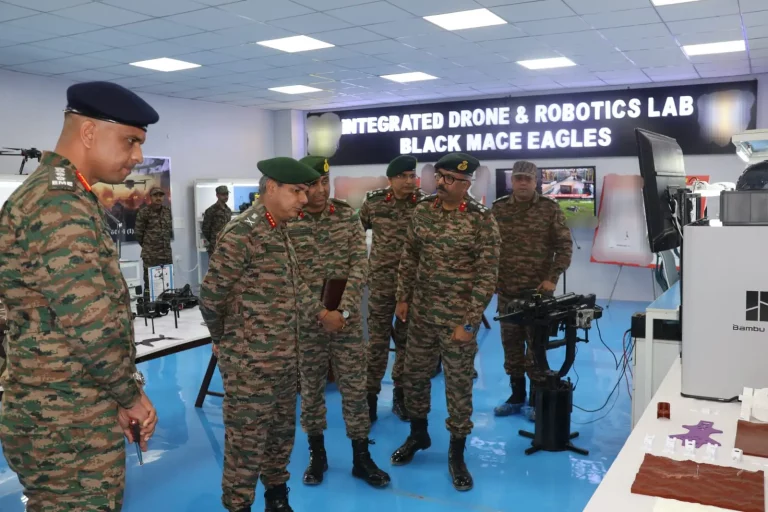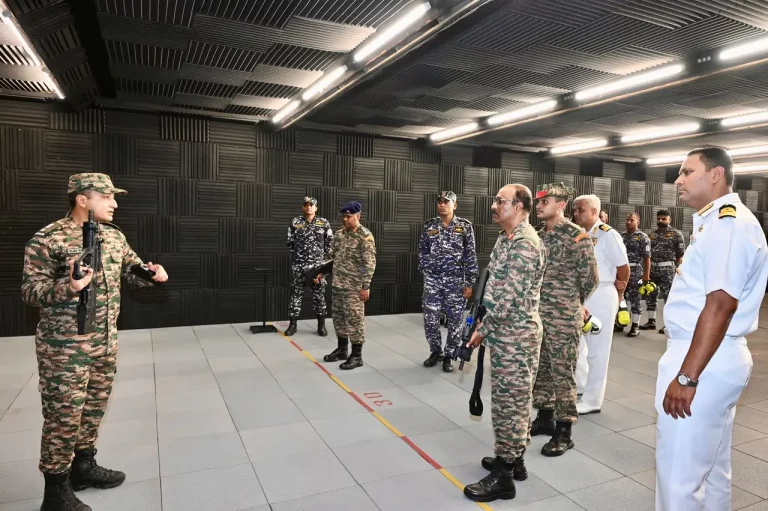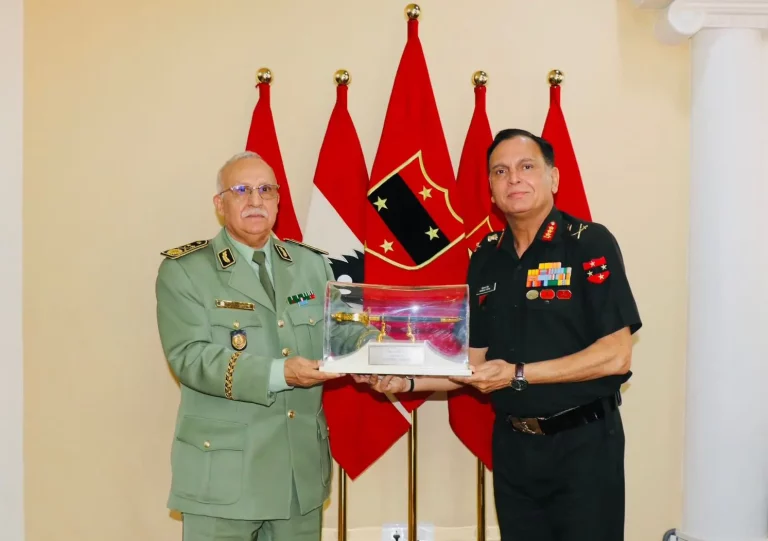India is prepared to brief foreign defence attachés on the details of Operation Sindoor, a significant military initiative that involved deep strikes against terror infrastructure within Pakistani territory. This information session is part of India’s strategy to strengthen international support and showcase its military effectiveness following the April 22 terror attack in Pahalgam, which resulted in the tragic loss of 26 civilian lives, including one Nepali national.
Operation Sindoor was executed in the early hours of May 7, targeting several terror-related sites across Pakistan and Pakistan-occupied Kashmir (PoK). Key facilities impacted included Markaz Subhan Allah in Bahawalpur, a stronghold of the Jaish-e-Mohammed (JeM) group; Markaz Taiba in Muridke, known as the headquarters for Lashkar-e-Taiba (LeT); as well as strategic sites in Sialkot, Muzaffarabad, Kotli, and Bimber.
Following the Pahalgam massacre, Indian authorities identified The Resistance Front (TRF), a proxy of LeT, as the perpetrator. The strikes executed during Operation Sindoor were framed as a measured response aimed at dismantling the infrastructure supporting such terror groups.
In the upcoming closed-door briefing, India plans to present evidence regarding the results of the strikes and highlight the performance of its indigenous defence systems. A notable focus will be on the Akash Air Defence Missile System, a medium-range surface-to-air missile system developed by the Defence Research and Development Organisation (DRDO), which was instrumental in intercepting incoming drone and missile threats from Pakistan.
The operation also included precise strikes using the BrahMos missile, which was developed collaboratively by India and Russia. Military officials confirmed that these missiles effectively targeted high-value assets, significantly degrading Pakistan’s military capabilities and terror-related infrastructure.
Prime Minister Narendra Modi underscored the success of indigenous technology in modern warfare, stating, “Operation Sindoor has added a new dimension. We have proven our capabilities in deserts, mountains, and modern warfare domains. Our Made in India weapons have demonstrated their credibility to the world.”
Additionally, the Indian military confirmed that the retaliatory attempts from Pakistan, which included Turkish-origin drones and Chinese-made PL-15 missiles, were largely thwarted. The Akash system played a key role in neutralizing the Turkish drones, while the PL-15 missiles were either intercepted or failed to reach their intended targets.
The upcoming briefing is expected to garner significant interest from international observers, especially concerning the comparative effectiveness of Indian defence systems against the Turkish and Chinese equipment utilized by Pakistan. Defence attachés are likely to seek technical clarifications and strategic assessments during the session.
Through this display of operational capabilities and successful deployment of indigenously developed systems, India aims to reinforce its strategic narrative and assert its readiness to counter cross-border threats.







